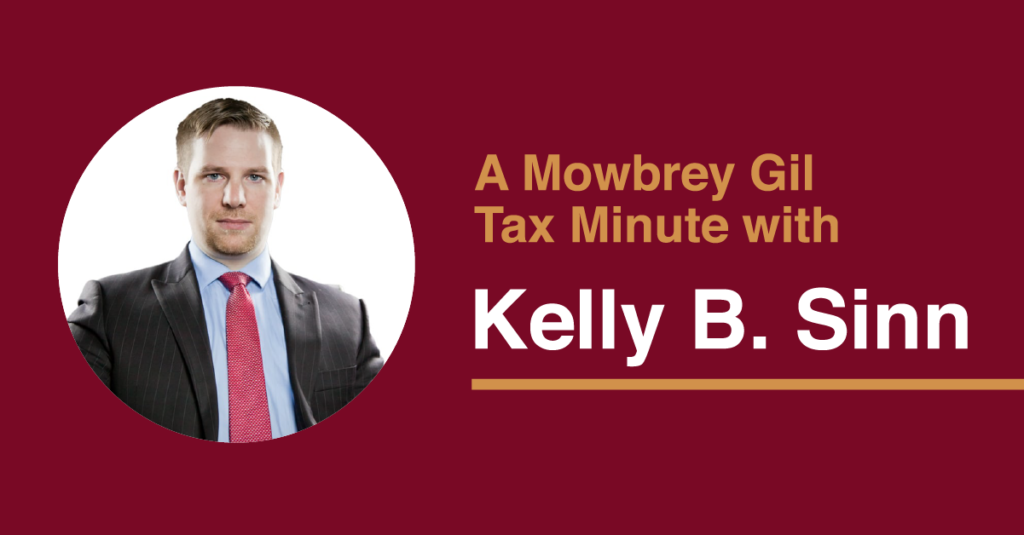News
Tax Minute – New Reporting Requirements – Bare Trust

While our current Liberal government has not shied away from pronouncing sweeping changes to Canada’s tax landscape, they have been inconsistent in actually implementing those changes via legislation. On February 4, 2022, the Department of Finance at last released draft legislation which included provision for several proposals from last April’s budget. While this provided some much-needed guidance, it also contained a few surprises, one of which, and our focus today, was the treatment of bare trusts.
A bare trust is generally understood to be an arrangement where a trustee holds legal title to property for the sole benefit of the beneficiaries, but has no real rights or responsibilities with respect to that property. Effectively, the trustee’s role is to hold legal title with no economic interest. Common uses for bare trusts include real estate held in the name of a person who is not the beneficial owner, property held by guardians on behalf of minors, and shares of private corporations held for the benefit of family members or other parties. These arrangements can occur for a number of different legal and tax reasons.
The new draft legislation defines a bare trust broadly as “an arrangement under which the trust can reasonably be considered to act as agent for all the beneficiaries under the trust with respect to all dealings with all of the trust’s property.” In the past, bare trusts typically did not have any reporting requirements and were disregarded for income tax purposes. The draft legislation, if passed as drafted, imposes new reporting requirements on bare trusts requiring them to file income tax returns. This includes the new beneficial ownership disclosure requirements to provide information regarding the trust’s trustees, beneficiaries, and settlor. The penalties for failing to file are substantial, being the greater of $2,500 or 5% of the fair market value of all property held by the trust: one cannot afford to ignore these new filing requirements.
The new rules are expected to apply to all trusts whose taxation years end after December 30, 2022. As a reminder, most trusts legislatively have a December 31 year-end even if they distribute all of their assets and cease operations earlier in the year.
We emphasized that the current draft legislation remains subject to change and is currently open for consultation. Some believe the amendments are intended to require bare trusts to file beneficial ownership disclosures but not a full T3 income tax return, and there remains uncertainty as to the full applicability of the provisions and what exceptions may apply, either legislatively or administratively. Notwithstanding, it appears clear that the Department of Finance is determined to impose some form of reporting on bare trusts that previously were not a concern for clients or their accountants.
If you have a bare trust arrangement or are unsure whether these new reporting requirements may affect you, contact us today and allow Mowbrey Gil to exceed your expectations.
All Posts
